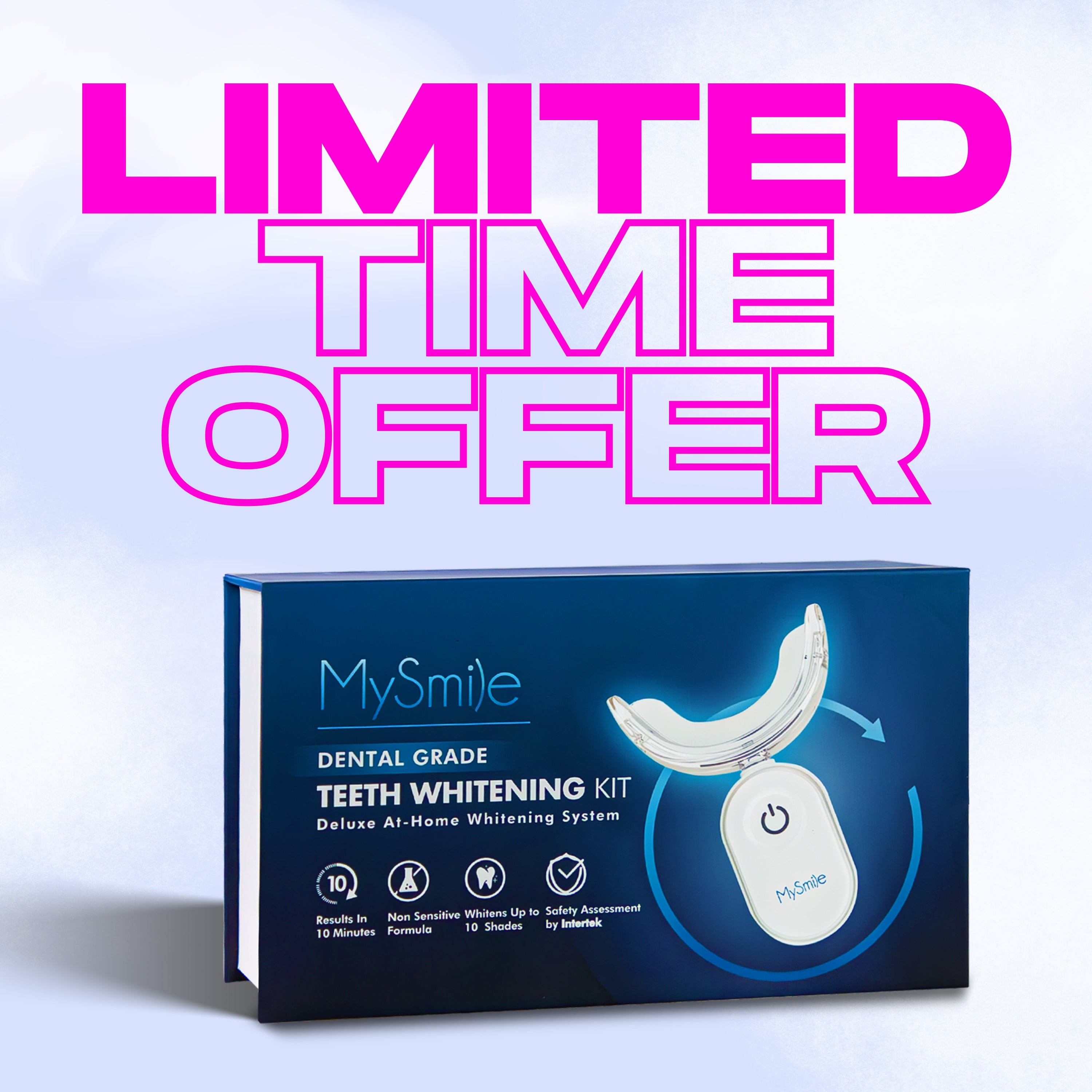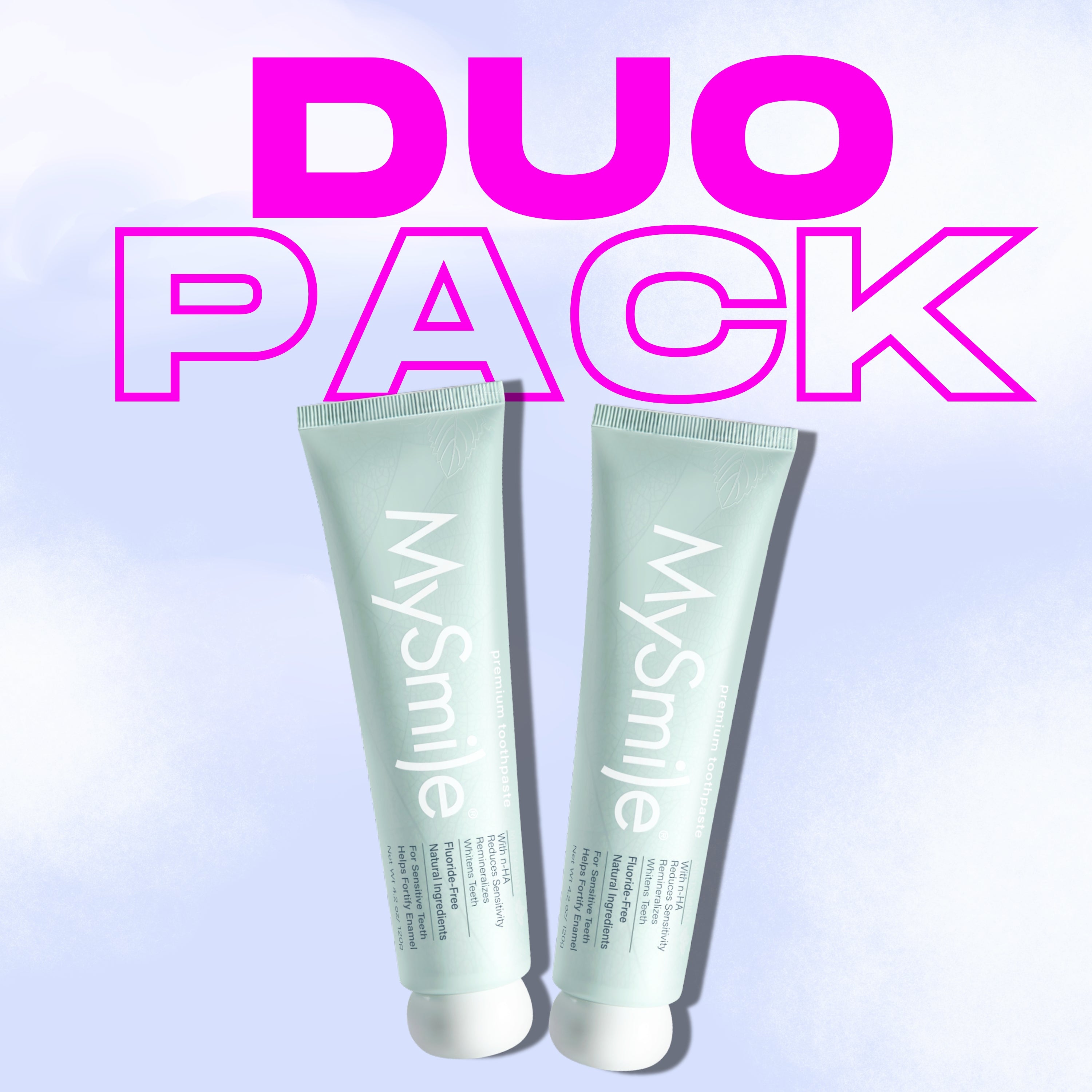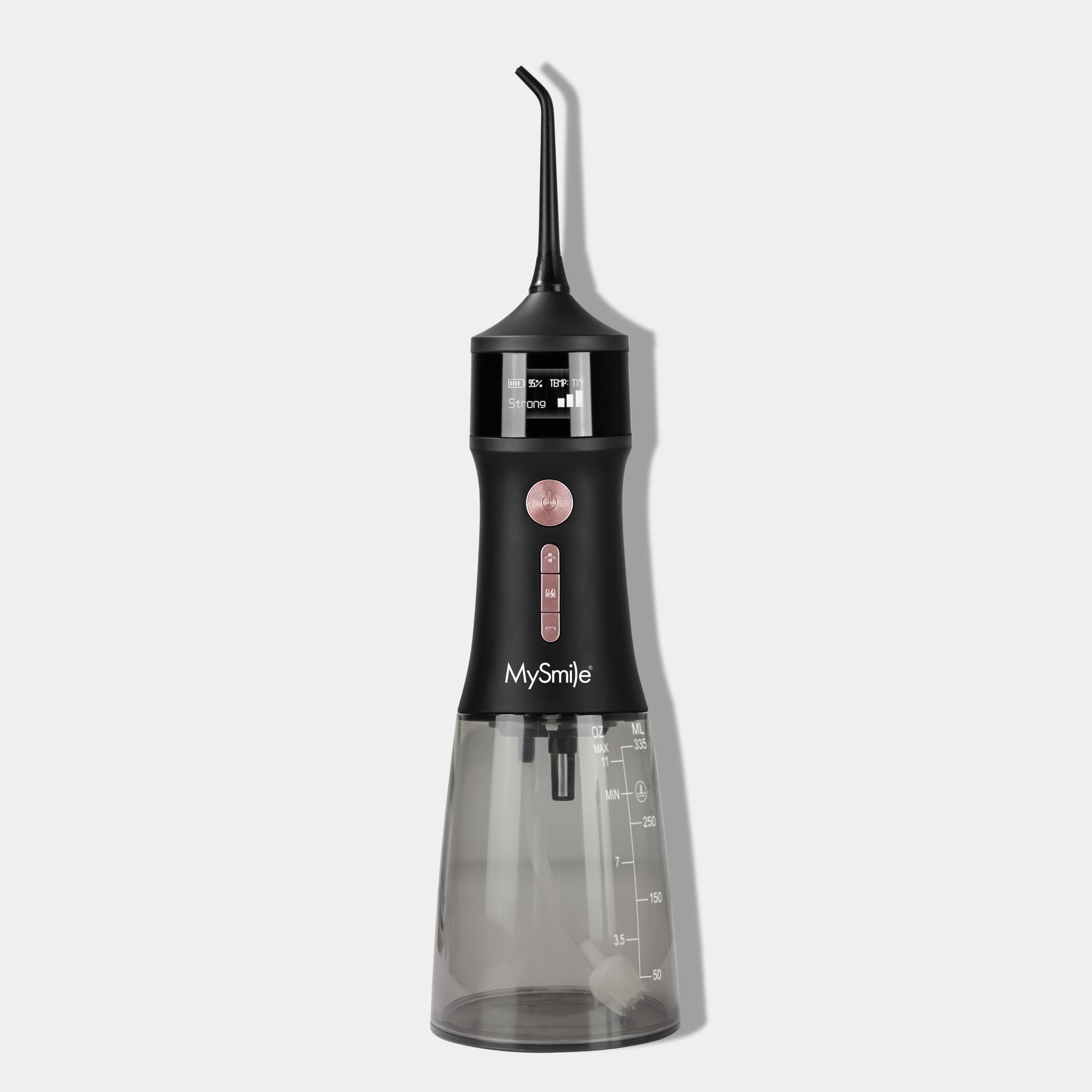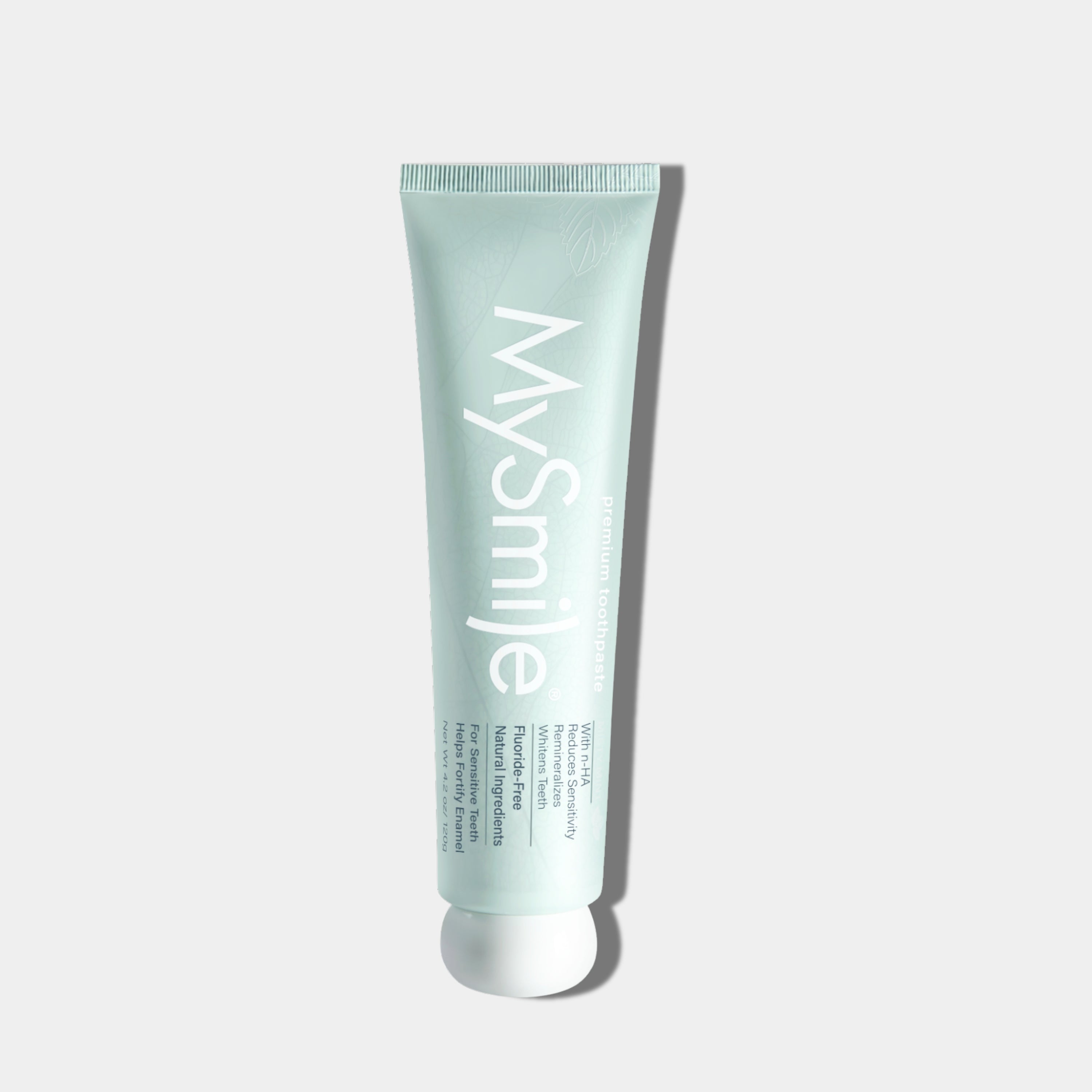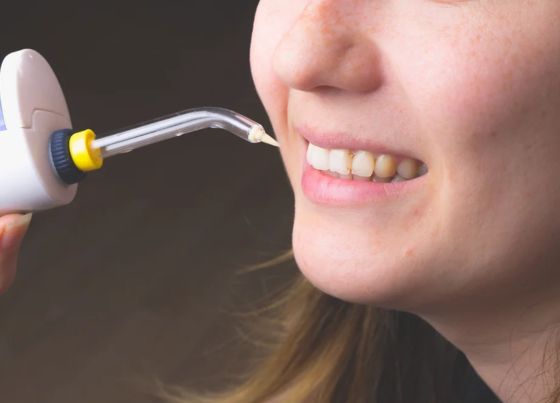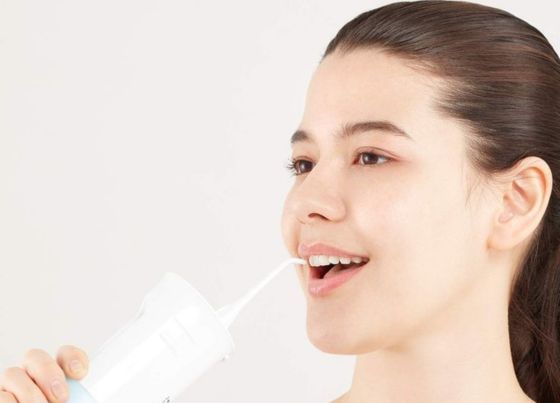The realm of water flossing is so vast and diverse these days. You can see many debates on which is better when comparing Water flosser vs dental floss. The trust that both devices are an excellent way to clean teeth and gums. One is a traditional and old way to clean teeth, while the other is relatively new and modern.
Since both devices provide similar results to those of the users. The main question that arises here is: do they work exactly the same or work in a different way to get the desired results. Before digging in, let us define what is water flosser is and dental floss in general terms.
What Is Dental Floss?
Dental floss is a thin, string-like material designed to slide between your teeth, removing plaque and food debris. It has been a go-to tool for decades, offering a simple way to maintain oral hygiene. The dental floss collection includes options like waxed, unwaxed, flavored, and tape floss. Each type serves a slightly different purpose, catering to individual preferences and dental conditions.

Pros of Dental Floss
-
Removes Plaque Effectively: Dental floss can scrape plaque from the sides of teeth, reducing the risk of cavities and gum disease.
-
Affordable and Portable: Floss is inexpensive, compact, and travel-friendly. You can carry these flosses in a handbag or pocket.
-
Wide Variety Available: From waxed floss to floss picks, there’s something for everyone.
-
No Need for Batteries: Unlike electric devices, Dental Flossers do not require charging or maintenance beyond regular replacement.
Cons of Dental Floss
-
Can Be Difficult to Use: Some people struggle to floss properly, especially those with limited hand mobility.
-
May Cause Bleeding: If your gums are highly sensitive or inflamed, flossing can lead to minor bleeding.
-
Not Ideal for Braces: Traditional flossing is challenging for those with braces or other dental work.
What Is a Water Flosser?
A water flosser, also called an oral irrigator, uses a stream of high-pressure pulsating water to clean between teeth and along the gumline. The best water flosser models offer multiple pressure settings, making them suitable for different dental needs. Whether you choose cordless water flossers or a countertop model, this tool provides an alternative to traditional flossing.

Pros of a Water Flosser
-
Gentle on Gums: Unlike string floss, a water flosser doesn’t cause irritation or bleeding.
-
Great for Braces and Dental Work: The best water flosser for braces helps clean around brackets and wires with ease.
-
Easy to Use: Ideal for those who find traditional flossing difficult due to arthritis or dexterity issues.
-
Can Reach Deep Pockets: Those with gum disease benefit from a simple complete clean water flosser that flushes bacteria from deep gum pockets.
Cons of a Water Flosser
-
More Expensive: A quality water flosser costs more than dental floss.
-
Requires Water and Electricity: Unlike floss, a water flosser needs a power source and a water reservoir to function.
-
Less Portable: While a cordless water floss improves mobility, it’s still bulkier than a small floss container.
|
Feature |
Dental Floss |
Water Flosser |
|
Effectiveness |
Removes plaque efficiently |
Great for removing food particles |
|
Ease of Use |
Requires dexterity and proper technique |
Water flosser makes it user-friendly |
|
Suitability for Braces |
Difficult to maneuver around brackets |
highly effective for braces |
|
Gum Health |
Helps reduce plaque buildup, but may cause irritation |
Gentle on gums, especially for sensitive users |
|
Portability |
Compact and easy to carry |
Cordless water flosser options offer portability |
|
Mess Factor |
No mess |
Water may splash if not used correctly |
|
Cost |
Affordable and widely available |
Higher upfront cost but long-term benefits |
Which One Cleans Better?
Both dental floss and Whitening Water Flossers remove plaque and food debris, but they do so differently. Studies suggest that a water flosser can remove plaque more effectively from hard-to-reach areas, especially for people with braces or implants. However, dental floss provides direct contact with tooth surfaces, making it better at scraping away plaque buildup.
For those who want a thorough clean, using both methods together can be highly effective. The best water flosser cordless models work well alongside traditional flossing to maintain optimal oral hygiene.
Who Should Use Dental Floss?
-
People with closely spaced teeth can easily glide floss between them.
-
Those who prefer an affordable, low-maintenance option.
-
Individuals who don’t mind the technique and effort required for proper flossing.
Who Should Use a Water Flosser?
-
People with braces, bridges, or dental implants.
-
Those who find traditional flossing uncomfortable or challenging.
-
Anyone looking for a gentler alternative to standard floss.
Bottom Line
In the quest for finding the best water flosser vs dental floss, water flossers are a bit ahead in terms of results and effectiveness. Water flossers provide faster, more precise cleaning in a short time. However, you can choose dental floss if you are looking for an affordable, compact, and non-messy tool for flossing. Whichever method you choose, consistency is the key to a healthy smile!
My Smile Water Flosser can be your new best friend in your flossing routine. It has multiple advanced features, making it a perfect choice for people with braces, sensitive teeth and gums, and even regular users.
Besides, try our other MySmile Teeth Whitening Products and achieve that Hollywood smile you've always desired!

